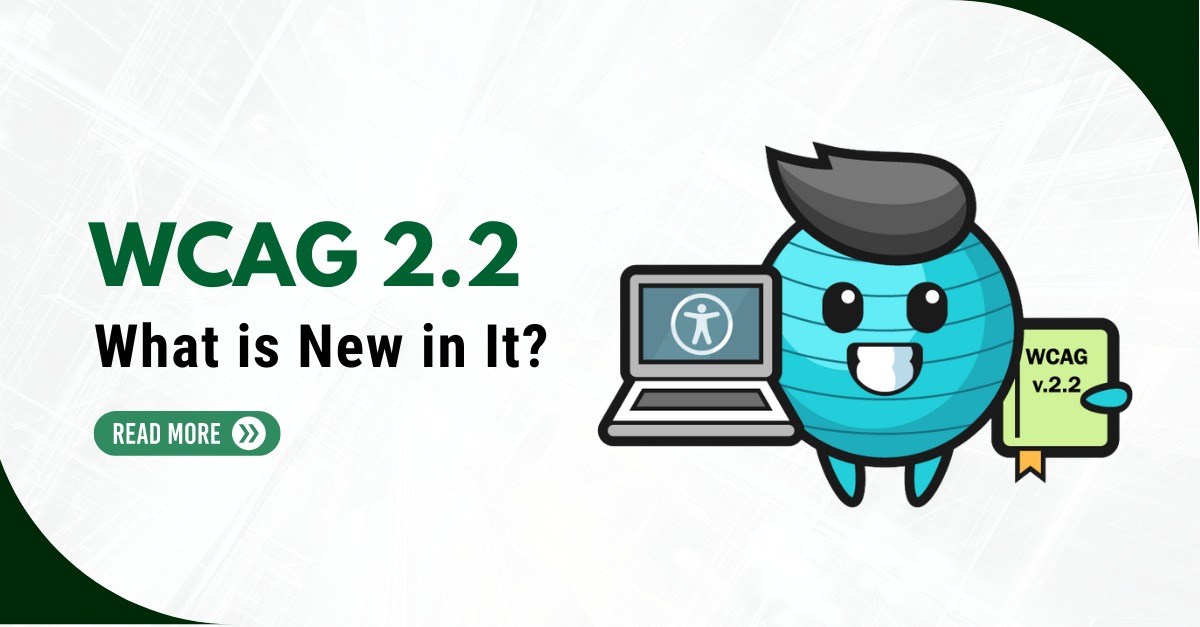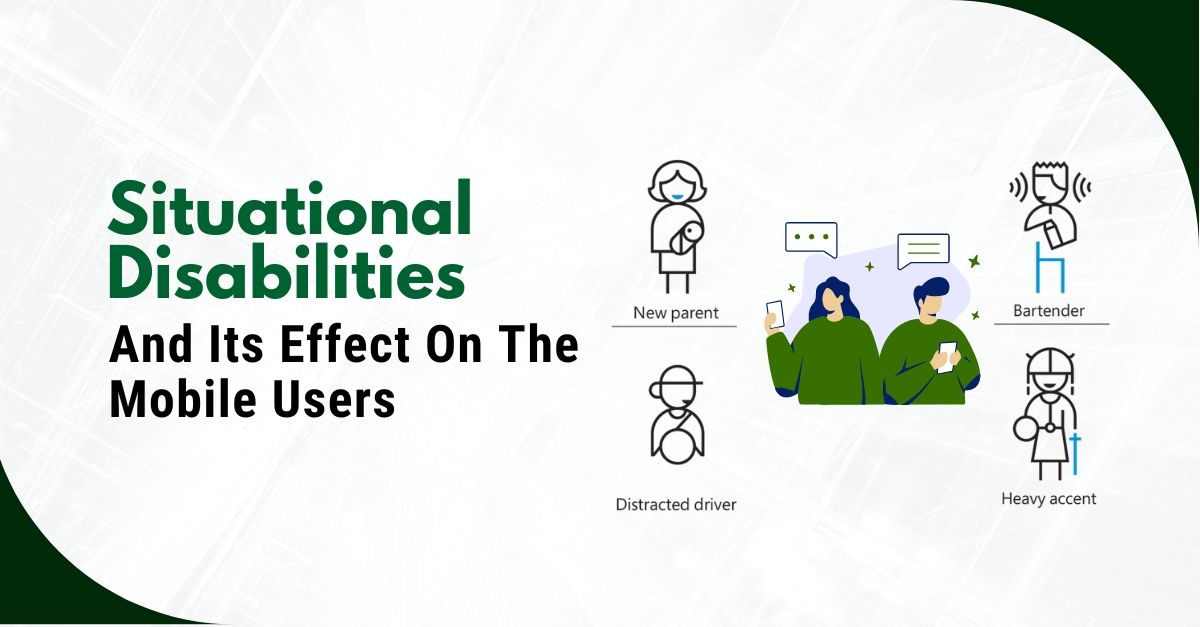Starting one’s own venture is always a challenging job. It is very important to ensure that it can reach to a wider number of customers with maximum potential. There are so many things that small business owners have to take care of, but the accessibility of the website is one of the most negligent areas. Providing an inclusive experience to every user is not an option anymore – it is mandatory.
For that reason, web accessibility testing has emerged as a significant aspect of their success. Here we will discuss the importance of accessibility testing and why it is considered as the magic key to unlocking the potential of small businesses.
- Inclusive Experience: Web accessibility testing ensures that individuals with disabilities can access and navigate websites seamlessly. By implementing accessible design principles; small businesses can create an inclusive user experience that caters to a diverse range of users; including those with visual, auditory, motor or cognitive impairments. This inclusivity not only enhances user satisfaction but also expands the potential customer base.
- Legal Compliances: Accessibility is not just a moral obligation but also a legal requirement. Many countries have regulations like the Americans with Disabilities Act (ADA) in the United States that mandate businesses to provide equal access to digital content and services. By conducting web accessibility testing; small businesses can ensure compliance with these regulations, mitigating the risk of legal issues and potential penalties.
- Improved SEO and Search Result: Web accessibility features, for example, proper HTML structure, descriptive alternative text for images and semantic markup; also benefit search engine optimization (SEO). Search engines value accessible websites and rank them higher in search results. By optimizing their websites for accessibility; small businesses can improve their online visibility, attract more organic traffic and ultimately increase their chances of success.
- Better Usability for All Users: Web accessibility testing goes beyond catering to individuals with disabilities. It also enhances usability for all users; regardless of their abilities. Accessibility features like clear navigation, readable fonts and well-organized content improve the overall user experience; making websites easier to navigate and understand for everyone. This, in turn, leads to increased engagement, longer visit durations, and higher conversion rates.
- Competitive Advantage: Small businesses that prioritize web accessibility gain a significant competitive advantage. In an increasingly digital world; accessibility has become an expectation rather than a luxury. By ensuring their websites are accessible; small businesses can differentiate themselves from competitors, build brand trust and attract loyal customers who appreciate their commitment to inclusivity.
- Brand Image: Web accessibility testing demonstrates a small business’s commitment to social responsibility and inclusivity. By making their websites accessible; businesses can foster a positive brand image and reputation. Word-of-mouth recommendations and positive online reviews from satisfied users who appreciate the accessibility efforts can further enhance the business’s credibility and attract a broader customer base.
- Long-Term Cost Savings: Investing in web accessibility testing from the start can lead to long-term cost savings for small businesses. By identifying and addressing accessibility issues early on; businesses can avoid costly legal disputes, website redesigns and the potential loss of customers. Proactively incorporating accessibility into the development process saves time and resources while ensuring a more inclusive and sustainable digital presence.
Conclusion:
Web accessibility testing is not just a moral imperative but also a strategic move for small businesses. By embracing accessibility; businesses can create an inclusive user experience, comply with legal requirements, improve SEO, enhance usability for all users, gain a competitive advantage and build a positive brand image. Small businesses that prioritize accessibility are opening doors to everyone; welcoming a diverse range of customers and ensuring their long-term success in the digital world.
Remember, the key to success lies in embracing accessibility and making every effort to provide equal access and opportunities for all individuals. Let’s open doors; not just for some – but for everyone.







